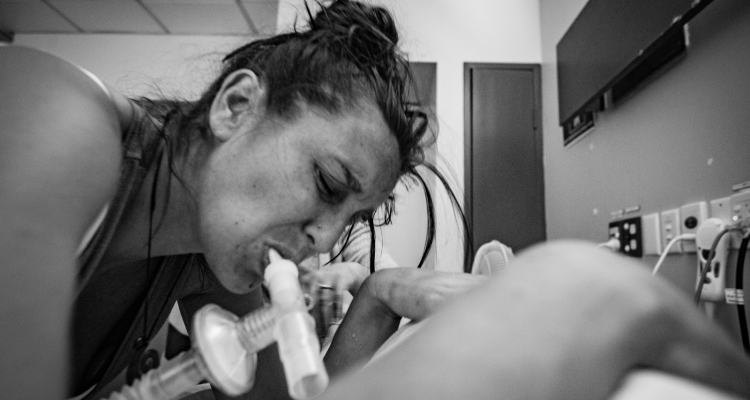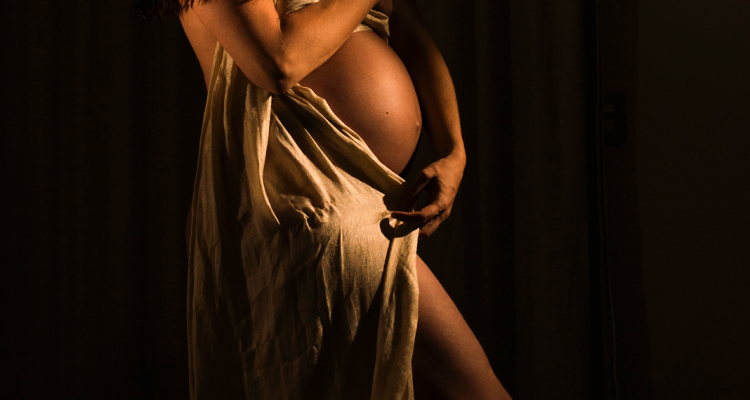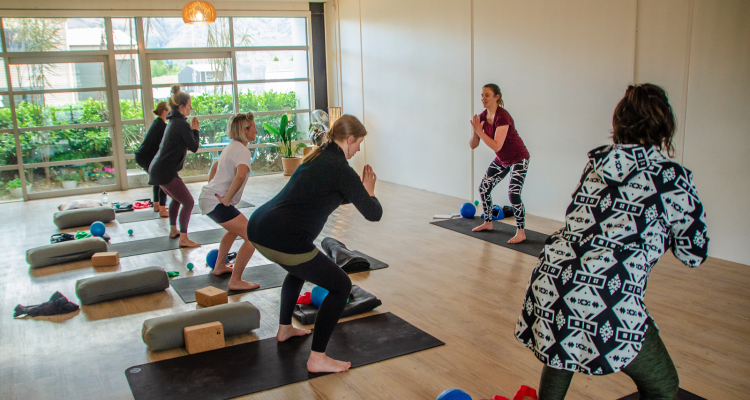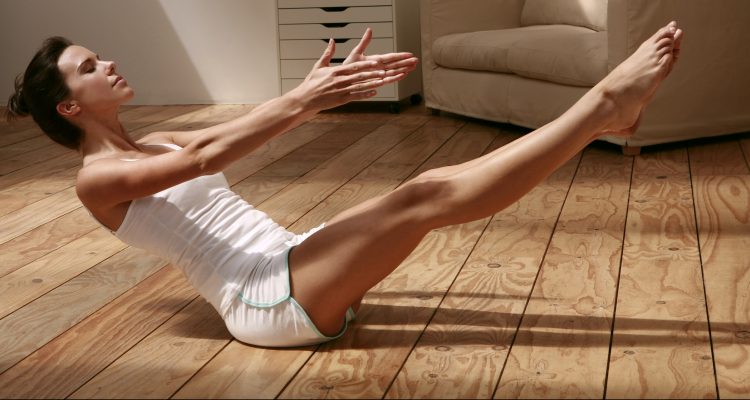Postural advice
One of the first things we do in our assessments is look at how your posture is faring. Why? Our bodies and posture go through huge transformation throughout pregnancy. All of your muscles and ligaments, which have softened and stretched to accommodate your bub, usually take some months post delivery to recover. Tummy muscles can also separate and the connective tissue through the midline can become stretched, causing diastasis rectus abdominus.
When the pelvis is tilted forward or back (think ‘butt tucking’ or ‘butt sticking out’ J-Lo style!) then the alignment with our spine, pelvis and rib-cage is compromised. This can throw everything out of whack, causing pain, breathing problems. All of this lengthening and weakening of our abdominal muscles can affect the control of our pelvic floor, the core, spine and pelvis.





